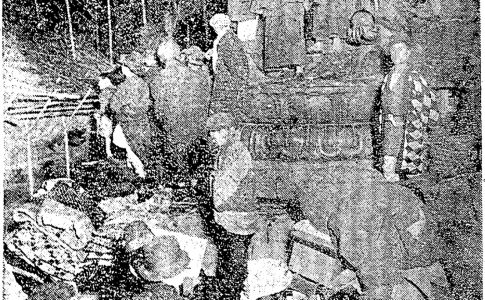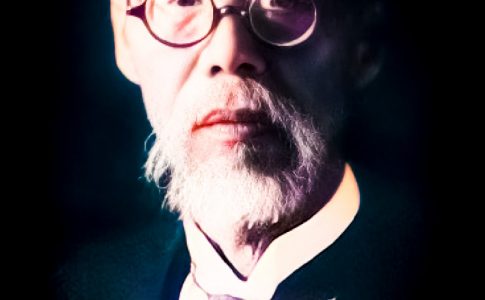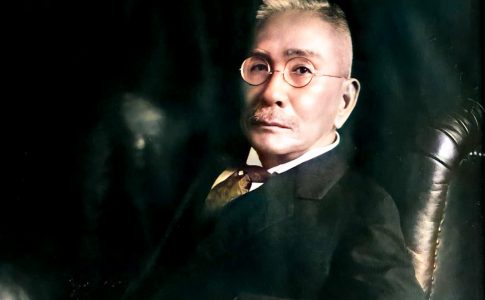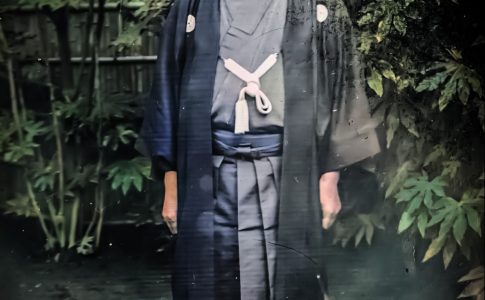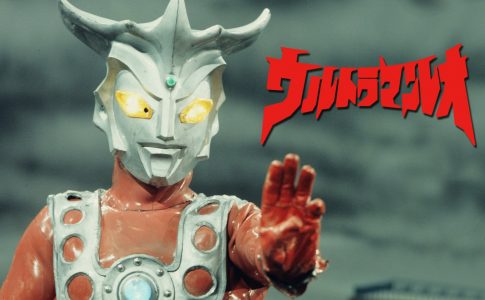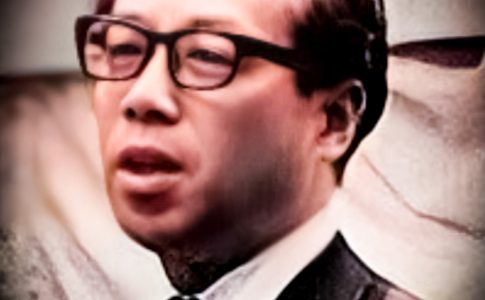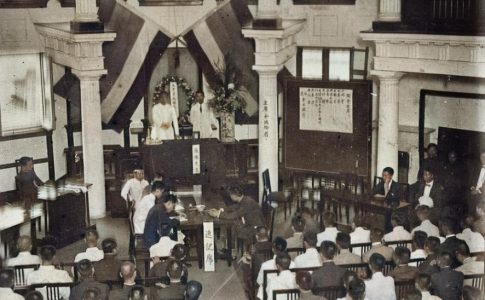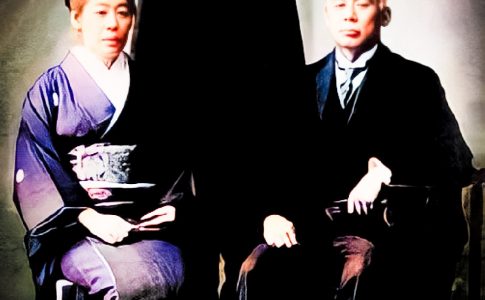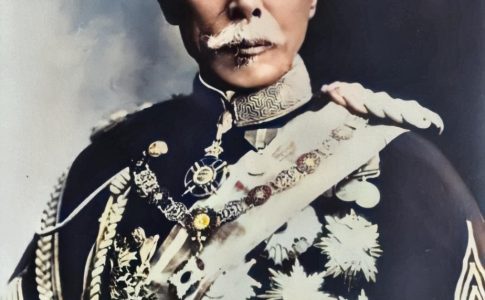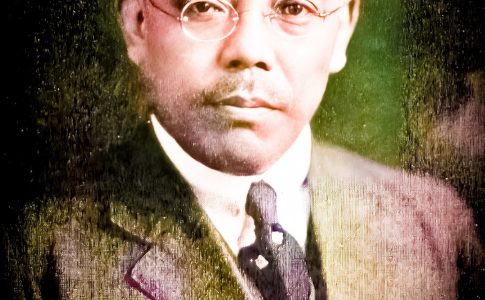Saturday, March 26, 1921: Fire broke out in Shinjuku 3-chome
At 7:50 p.m. on Saturday, March 26, 1921, a fire broke out in Shinjuku 3-chome. Fanned by strong northwesterly winds, the fire spread for four hours in the darkness. The fire burned down 500 houses in the area and destroyed part of the Shinjuku Imperial Garden. In addition to temples, shrines, and other facilities in the area, including Taisho-ji Temple and Hanazono Shrine in Shinjuku 2-chome, the Shinjuku Imperial Garden opened its main gate to accommodate the victims.

